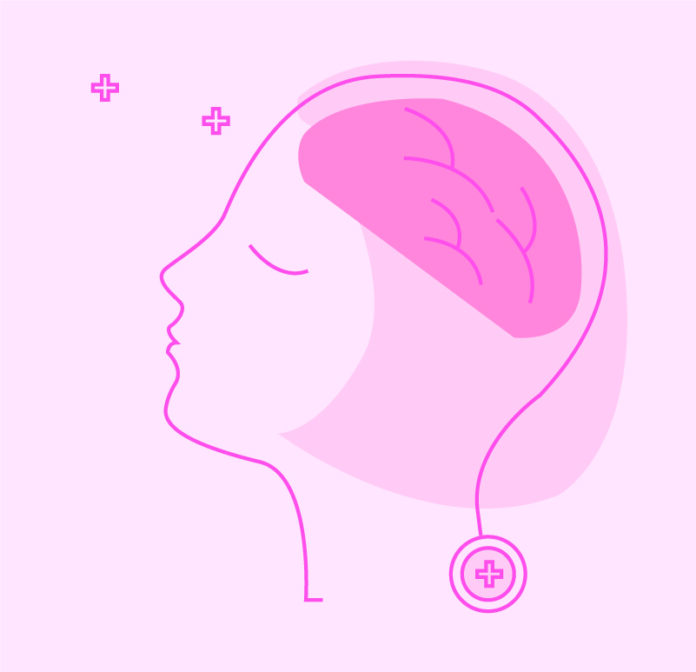On May 28, the Ontario government announced that it will provide $2.39 million to students in post-secondary institutions to build on and ameliorate mental health supports available to them.
Get A-Head, a private mental health software as a service (SaaS) platform that equips educational institutions, corporations and associations with digital infrastructure, will receive $300,000 of the funding to provide Artificial Intelligence (AI) mental health supports to Humber College, Six Nations Polytechnic and the University of Waterloo.
This initiative is part of the Ontario government’s Roadmap to Wellness, which is its “new plan” for upgrading the province’s mental health and addictions system.
The Ontario government plans to achieve this through a series of eight projects in select colleges, universities and Indigenous institutes.
The other selected post-secondary institutions include Confederation College, Canadore College, Durham College, St. Lawrence College, Western University, Hearst University and the University of Ottawa.
These projects will address the adverse impact of COVID-19 on mental health with the ultimate goal of providing greater accessibility of support and services for Black, Indigenous and Francophone populations present in the chosen institutions.
According to Health IT Analytics, employing AI to provide mental health supports could minimize costs and expand access to a greater pool of people.
At the moment, students at the University of Waterloo receive mental health support within a total of six sessions — however, these are not nearly enough to address major issues.
Students can nevertheless still opt for walk-in sessions, single session therapy and emergency appointments, if needed.
With AI mental health supports, UW could potentially support its mental health professionals who are coping with a significant increase in the number of people reaching out for help and give its students 24/7 access, which would reduce the usually long wait time needed for an appointment.






























